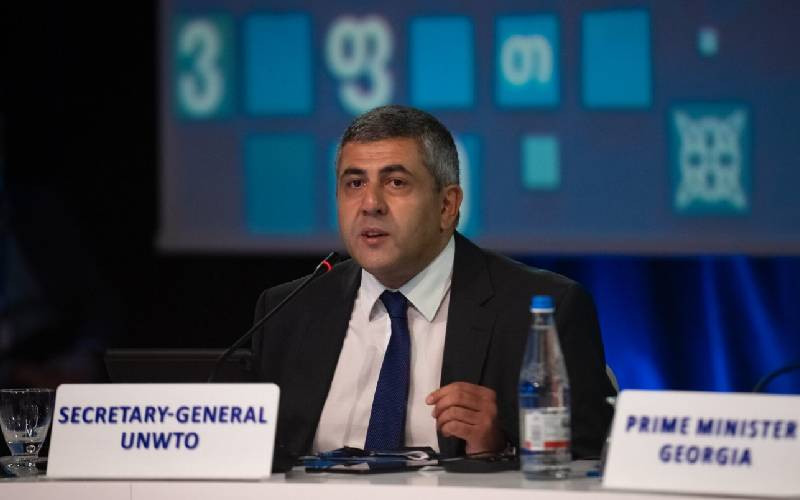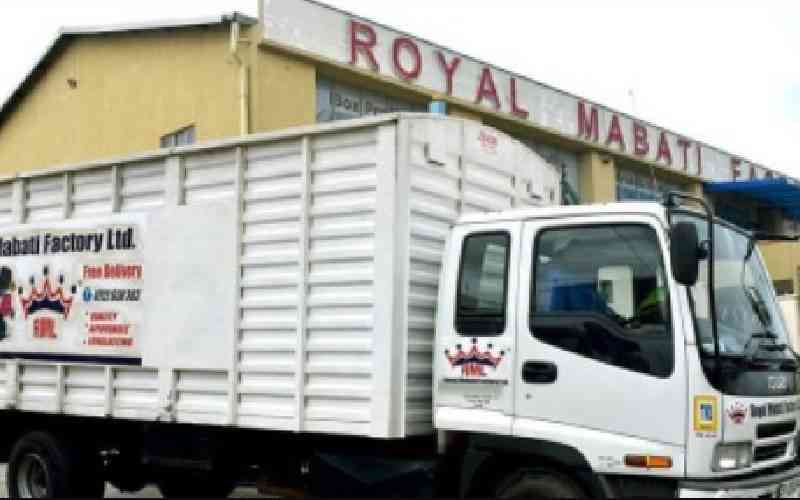By Jevans Nyabiage
Transaction costs for mobile money transfer services could go up by 10 per cent as Treasury moved to impose a 10 per cent levy to finance ballooning recurrent spending.
The Government is eyeing about Sh4.5 billion from the mobile transfer services, a segment that has lately proved to be the operators’ lifeline for growth as the voice revenue takes a hit due to stiff competition.
Even though Finance minister Njeru Githae assured that he expected money transfer service providers to meet the new expenses and not pass them on to consumers, all indications are that costs will go up.
Analysts say there is no operator willing to absorb such cost and that in one way or another, the customers will pay for the tax increase. “This sector is the fastest growing and so the taxman should also get his bite. I expect this measure to give me close to Sh4.5 billion immediately but I do not expect any increase in airtime or the charges to the customer. This tax is payable by the service providers; not the customer,” said Githae on Friday. The minister wants the excise duty on fees charged for money transfer services by mobile phone service providers, banks, money transfer agencies and other financial service providers to be 10 per cent.
Still studying
Bob Collymore, chief executive officer, Safaricom, which pioneered the mobile phone money transfer services in 2007, said he was still studying the new tax measure.
“We haven’t decided yet what action we will take as we’re still studying it. Reality is that cost will be borne either by the customer or by the shareholder of whom Government is a 35 per cent owner,” Collymore told Tech.Insight. The move is most likely lead to higher consumer charges on M-Pesa which handles over 90 per cent of the mobile money transfer cash with a total estimate of Sh740 billion annually.
Other operators such as Airtel and Yu who have mobile money transfer platforms that allow their subscribers to send money to other users at no cost could be forced to impose fees on this service.
The new tax measure seemed to have caught mobile operators by surprise. Essar Telecom Kenya which operators the yuCash mobile transfer service said the unstable policy environment in Kenya is likely to negatively impact on their investment plans.
“yuMobile does not welcome the proposal to levy a 10 per cent tax on mobile money services. As investors, stability in policy-making is key in planning our future investment programmes and a move like this will impact negatively on our plans that are already in place,” the operator’s country manager Madhur Taneja said. “Overall if the proposal was to be implemented, the consumers will be worst hit as we will be unable to offer affordable mobile money services such as the sending money for free that we currently offer our subscribers.”
Airtel Kenya, which runs Airtel Money, through their Head of Corporate Communications and Public Relations Dick Omondi, said it is too early to comment on the matter.
Another player in the mobile money transfer business is Orange Money, which is operated by Telkom Kenya’s Orange.
M-Pesa is the largest player with more than 14 million subscribers, having grown from about 20,000 when the service was introduced in March 2007, with the mobile operator expanding its use into a bill payment system.
Daily transactions on M-Pesa stand at about two million, representing a value of Sh2 billion.
This has seen revenues from the service rise more than from Sh7.5 billion in 2010 to Sh16.8 billion in the year ended March 2012, making it a critical growth area compared to the voice business, which has been hit by vicious price war.
The new policy came a day after Airtel Kenya unveiled a new tariff to allow subscribers to send money through their mobile phone at no cost in the race to cut the dominance of Safaricom’s M-Pesa.
Last Thurday, the firm said that it had abolished the fees that ranged between Sh5 and Sh25 per transaction, but did not change the withdrawal charges, which ranged between Sh15 and Sh300.
Stiff competition
Airtel’s move is seen to boost its subscriber base in a market where Safaricom has used M-Pesa to prevent its clients from moving to other networks. Safaricom, the market leader with 19 million subscribers, has nearly 40,000 M-Pesa agents leaving the rest of the service providers with 9,000 agents across Kenya.
Airtel says it has 6,000 agents and 4.4 million subscribers.
The bulk of the mobile cash transactions have been restricted in Safaricom’s network. The Central Bank of Kenya (CBK) data shows that the value of money transferred through mobile platforms jumped by 41 per cent in the first half of the year even as the number of customers grew at a slower pace.
CBK data showed that Sh726.23 billion was transferred through mobile money platforms between January and June, up from Sh513.87 billion in the same period last year.
 The Standard Group Plc is a multi-media organization with investments in media
platforms spanning newspaper print operations, television, radio broadcasting,
digital and online services. The Standard Group is recognized as a leading
multi-media house in Kenya with a key influence in matters of national and
international interest.
The Standard Group Plc is a multi-media organization with investments in media
platforms spanning newspaper print operations, television, radio broadcasting,
digital and online services. The Standard Group is recognized as a leading
multi-media house in Kenya with a key influence in matters of national and
international interest.
 The Standard Group Plc is a multi-media organization with investments in media
platforms spanning newspaper print operations, television, radio broadcasting,
digital and online services. The Standard Group is recognized as a leading
multi-media house in Kenya with a key influence in matters of national and
international interest.
The Standard Group Plc is a multi-media organization with investments in media
platforms spanning newspaper print operations, television, radio broadcasting,
digital and online services. The Standard Group is recognized as a leading
multi-media house in Kenya with a key influence in matters of national and
international interest.









